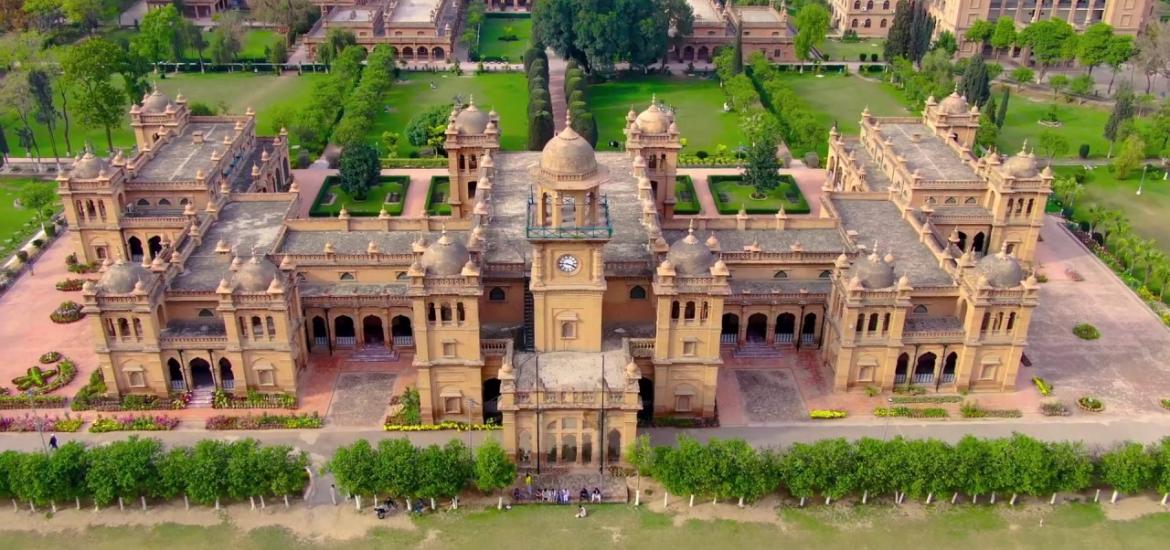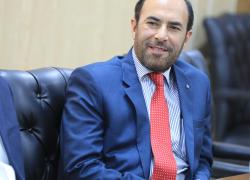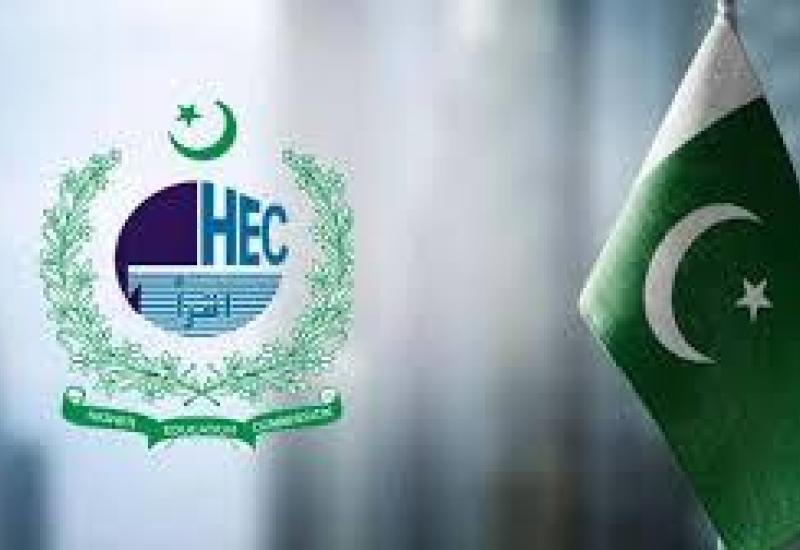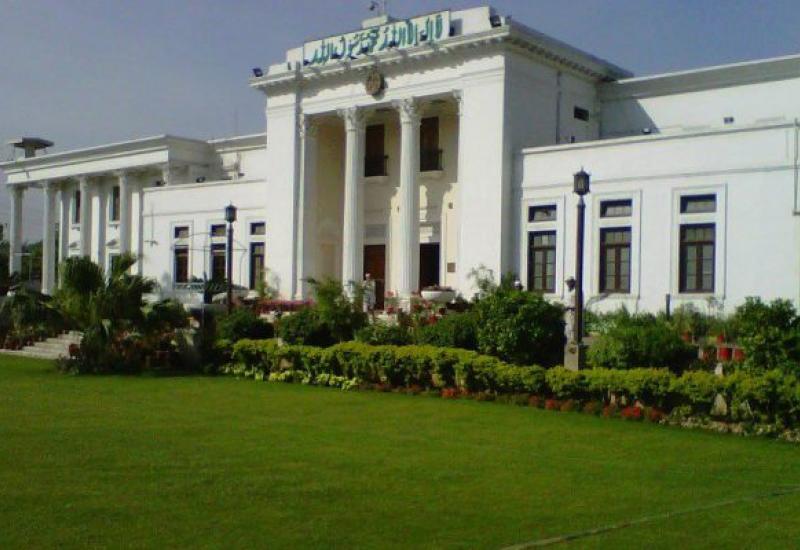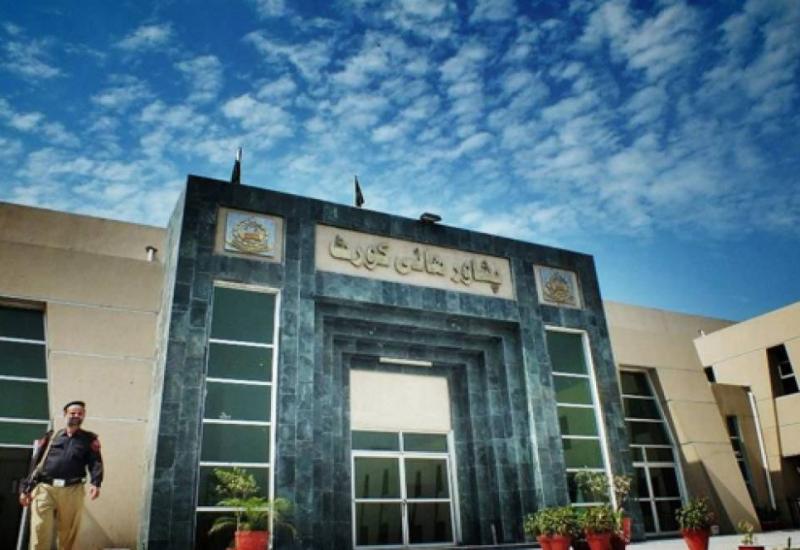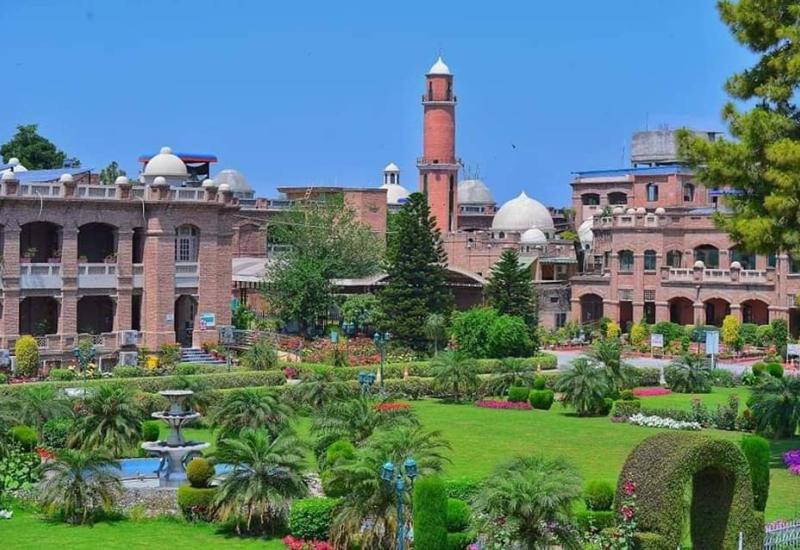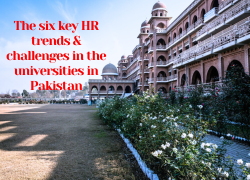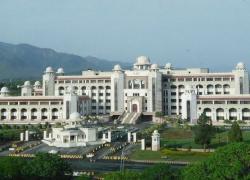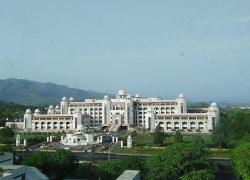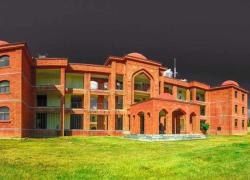Is Pakistan’s Higher Education System sinking?- Key Challenges and urgent Solutions
The new government in Pakistan inherits a complex and multifaceted educational landscape with universities facing several critical challenges encompassing financial strains, technological limitations, and governance issues. Addressing these will be crucial to ensuring quality education, fostering innovation, and empowering universities to contribute meaningfully to national development.
The crux of this blog post is to highlight these issue and find a way- out so that universities may be able to contribute effectively to Pakistan’s social and economic development. Here are some of the key issues requiring urgent attention:
1.Financial crisis:
Public universities grapple with chronic underfunding and inadequate financial support from both federal as well as provincial governments, hindering infrastructure development, resource acquisition, faculty salaries, and research opportunities and meeting pension liabilities. In recent days, the federal government through HEC has expressed its inability to fund provincially chartered universities during the upcoming fiscal year 2024-25 in the backdrop of 18th constitutional amendment and the provincial governments, particularly in the case of Khyber Pakhtunkhwa are not in a position to provide necessary financial assistance to the universities. This means tough time ahead for public sector universities and DAIs in the country, predominantly in the Khyber Pakhtunkhwa province.
Serious concerns prevail about inefficient resource allocation, leading to unnecessary expenditures and insufficient investment in core areas. Overwhelming reliance on government funding with limited alternative income sources leaves universities vulnerable to economic fluctuations and restrict their ability to diversify income streams such as alumni contributions, research grants and public-private partnerships. Only by addressing these financial hurdles can the new government unlock the true potential of universities and empower them to drive national progress and economic development.
2. Technological Challenges:
In the age of AI, many universities in Pakistan still lack access to modern teaching equipment, state of the art research facilities and reliable internet connectivity, hindering effective learning and research activities. Unequal access to technology among students and faculty exacerbates disparities and limits inclusivity in the digital learning environment.
Both students and faculty face chronic deficiency of the necessary skills and capacity to effectively utilize technology for learning, research, and collaboration. Outdated infrastructure and obsolete technology hinder teaching, research, and inclusivity. The digital divide exacerbates disparities while inadequate digital literacy limits technology utilization. The success of Pakistan’s higher education future hinges on bridging this technological gap.
3. Governance and universities’ autonomy:
Concerns exist about undue political influence in universities’ administrative affairs hampering academic freedom and institutional autonomy. Bungling administrative structures and lack of transparency can contribute to financial mismanagement and hinder accountability. As government representatives usually prevail in decision making at the strategic level, this limited autonomy restricts universities’ ability to adapt to changing needs and implement innovative initiatives at the operational level.
Empowering universities through increased autonomy and fostering collaboration between government, universities, and external stakeholders will be crucial for nurturing innovation, ensuring responsible management and unlocking the full potential of Pakistan’s higher education system.
4. Relevance and employability:
Educational programs might not adequately equip graduates with the skills and knowledge demanded by the job market, leading to unemployment and underemployment reflecting chronic mismatch between graduates’ skills and market demands.
Weak connections between universities and industry hinder skill development, research application, and innovation transfer, impacting economic growth mulling loose and limited academia-industry collaboration. Students often lack proper guidance in choosing career paths aligned with their skills and interests, leading to confusion and frustration.
Bridging the gap between university education and real-world demands is a significant challenge awaiting the new Pakistani government. Addressing this relevance and employability gap is crucial for fostering a future-printed workforce, boosting national competitiveness, and ensuring graduates translate their education into fulfilling careers.
Recommendations:
- This high time the new government at the federal and provincial level increase public funding for universities with transparent allocation and accountability mechanisms. The government should implement reforms to improve financial management and explore alternative income generation avenues. Instead of horizontal expansion, the authorities should have a quality-centric approach besides strengthening the existing universities.
- Enhance university autonomy while ensuring transparent and accountable governance structures. Strengthen industry-university partnership to ensure graduates possess market-relevant skills. Improve career counselling and guidance services to help students make informed choices. Fostering digital literacy through capacity building of students, faculty and administrative staff is equally important. Furthermore, partnerships with industry can enable technology access and skill development, pushing universities towards innovation and contributing to a competitive national workforce.
- Establishment of Khyber Pakhtunkhwa HEC which was high on the election manifesto of some of the major political parties needs to be translated into reality as without Provincial HEC the universities shall suffer.
Addressing these challenges requires a multi-pronged approach involving collaboration between the government, universities, industry, and civil society. By prioritizing higher education and implementing comprehensive reforms, the new government can empower universities to contribute effectively to Pakistan’s social and economic development. By addressing these critical challenges the new government can pave the way for a brighter future for Pakistan’s universities enabling them to deliver quality education, contribute to innovation and empower future generations to drive national progress.

